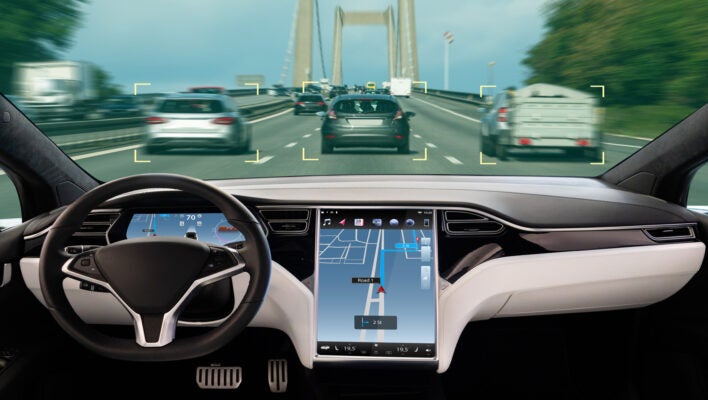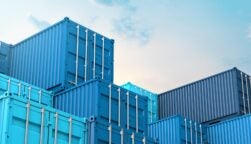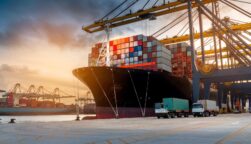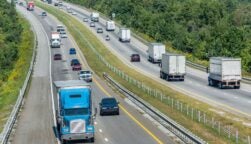Elon Musk and Tesla are set to launch a self-driving “robotaxi” pilot in Austin, Texas this month. The pilot will comprise between 10 and 20 Model Y vehicles, with June 22 earmarked as the date for the rollout.
The electric car manufacturer is determined to arrest a slide in global sales, with many attributing the downturn in fortunes to Musk’s recent political forays. The Tesla boss has long promised that self-driving vehicles will be the future of his company.
His vision is complicated by state laws surrounding autonomous vehicles. Texas can lay claim to one of the most forward-thinking approaches in this particular area, with Aurora recently testing self-driving trucks on roads between Houston and Dallas. But with significant pushback from figures in the logistics industry, as well as safety advocates, progress in this area is never far from disruption.
Musk and Tesla Piloting Autonomous Taxis on Texas Roads
Tesla is set to launch a self-driving vehicle pilot in Texas, with 10 to 20 “robotaxis” scheduled to hit the road on June 22. The vehicles will be open to the public, meaning that willing participants can get a ride at their leisure.
The launch was originally scheduled for June 12, but the Tesla boss later revised that date, writing on X: “We are being super paranoid about safety, so the date could shift.”
 This just in! View
This just in! View
the top business tech deals for 2026 👨💻
As of June 11, the Austin Transportation and Public Works site lists Tesla as a “known” autonomous vehicle operator in the city. It’s further categorized as being in the “testing” phase of autonomous operations. By contrast, Waymo, one of the biggest players in the space, is in the “deployment” phase.
Musk Pins Hopes to Autonomous Vehicles
The planned rollout has been in the pipeline for a long time. Musk is a big advocate of self-driving vehicles, and has maintained that Tesla’s future hinges on the technology. In the face of mounting pressure related to his political exploits, as well as the company’s recent performance, the pilot is a pivotal one.
Tesla’s stock has significantly diminished in recent times, with the electric vehicle manufacturer taking a battering in the stock market. Musk’s relationship with President Trump, and subsequent fallout, appears to have cost the company dearly.
Now that his dealings with the president have apparently ceased, Musk will hope better times for Tesla lay ahead. However, his pursuit of autonomous vehicle supremacy is a complicated one, with each state exercising a different level of permission, and levels of public enthusiasm and pushback also varying from state to state.
Bumpy Road Ahead for Self-Driving Vehicles
While Texas is one of the more progressive regions in this area, Austin officials have begun to push for more stringent regulation. According to Austin Police Lieutenant William White, who oversees self-driving vehicle safety for the department: “It’s been very frustrating on our end from a safety standpoint. If these machines are learning, they’re not learning at a quick enough pace for sure.”
This growing level of opposition puts Tesla’s plans in jeopardy – and threatens to stymie the wider movement for autonomous vehicle technology. Progress in this area has been notoriously slow, with several states enshrining the testing of autonomous vehicles into law, but only a few acting on that permission.
Texas has recently seen self-driving Aurora trucks on its highways, and Ohio and Indiana are set to follow suit. With a massive labor shortage in the logistics industry as a whole, the benefits are obvious. But will state legislatures across the country listen? That’s another question entirely.




